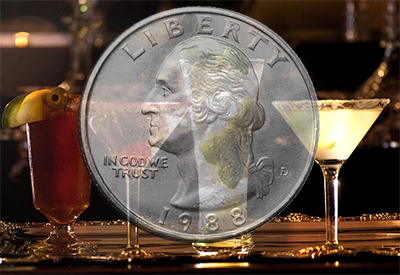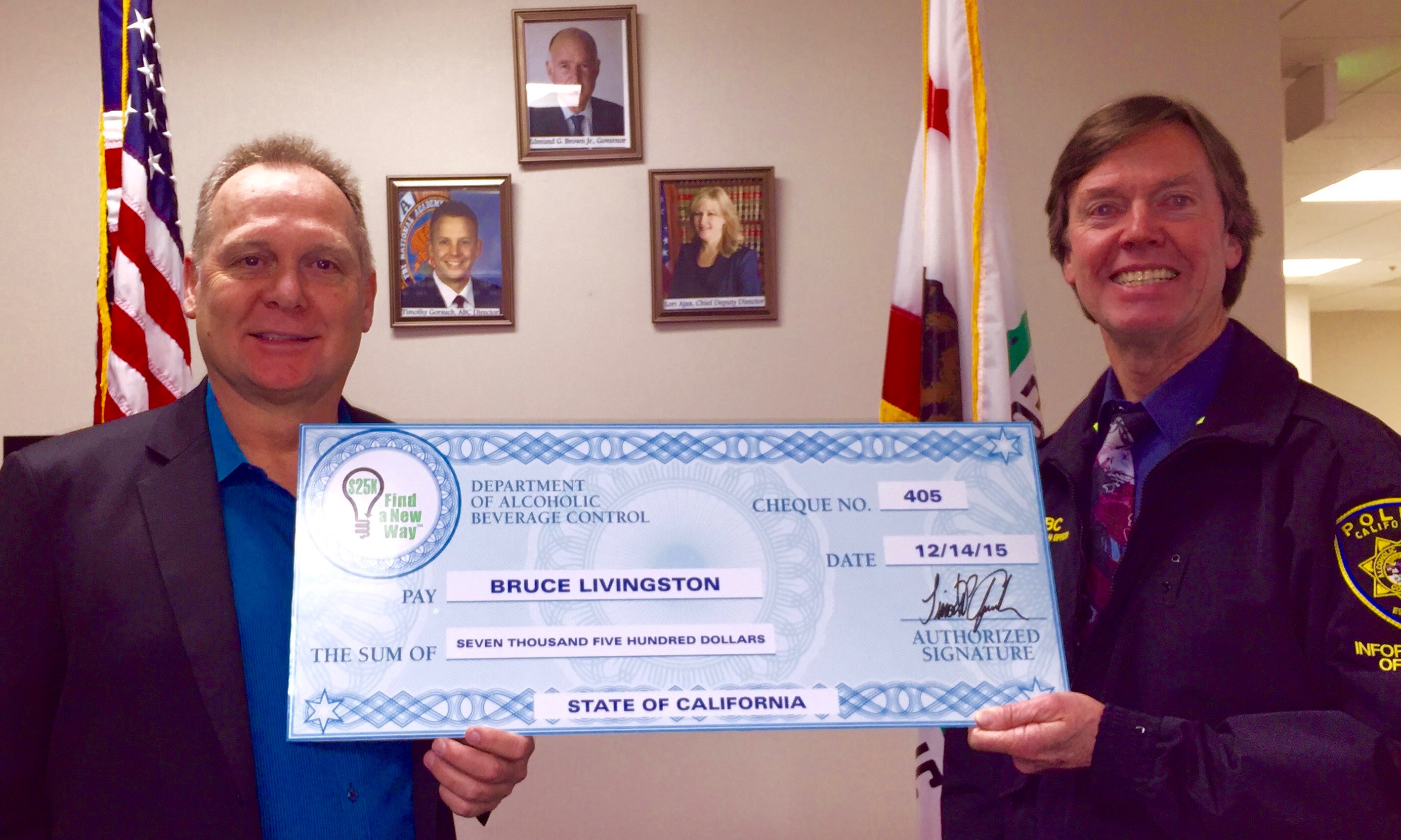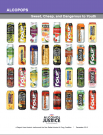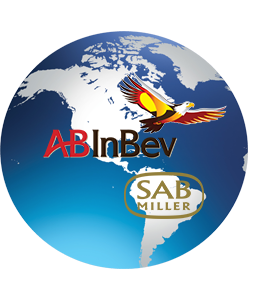Blog
Search
Blog
New Mexico Campaign: Alcohol Taxes Save Lives & Money
December 21, 2015

The tax increase would lead to an estimated 10% reduction in consumption overall and shift the costs for harm onto excessive drinkers, who will pay an additional $51 per year at the higher rates. Those New Mexicans who do not drink excessively will pay less than $10 more annually. If approved, this alcohol tax increase will be the largest in the United States, considerably larger than tax proposals in New York State and California.
Raising alcohol prices by increasing taxes is the most effective public health strategy for reducing alcohol consumption and related harm. With a 25-cent/drink alcohol tax increase, New Mexico can expect to see decreases in alcohol-related harm including mortality; traffic crash deaths; sexually transmitted infections; violence; and crime, among others.
For more on the effectiveness of alcohol tax increases, please see our fact sheets: Raising Alcohol Taxes Reduces Harm and Increasing Alcohol Taxes – Reality vs. Industry Myths.
CalBoozeBuster App Takes First Prize
December 19, 2015

The first prize was awarded to Bruce Lee Livingston, Executive Director / CEO of Alcohol Justice for his winning submission of the CalBoozeBuster App. The App is an innovative, cost-effective program designed to empower youth using smart phones to anonymously report to ABC alleged sales of alcoholic beverages to youth at and around retail stores in California.
Click here to read the full press release.
Sweet, cheap, flavored threats to youth: New AJ alcopops report
December 14, 2015

The report is a call to action, encouraging anyone who is interested in the health and safety of youth to consider actions and policies to limit alcopops availability.
Click here to read the full report.
Click here to read the full press release.
Download the new alcopop factsheet.
Watch the new report video
Megabrewer Merger Poses Public Health Threat
November 30, 2015

The newly merged transnational corporation will see Africa (deemed the "final frontier for beer" by industry analysts) as a critical driver for growth. SABMiller is an established Big Beer corp that began as South African Breweries, captured more than 98% of the South Africa beer market, and acquired Miller Brewing Co. in 2002 after buying multiple other beer companies in several countries. It has already shown signs of exploiting Africa’s low per capita consumption of beer and targeting low-income populations to drive sales.
It looks like tobacco will remain part of the Big Beer mix, as well, if not gaining an even larger role. Tobacco giant Altria (Phillip Morris) currently owns 27% of SABMiller and holds 3 seats on the SABMiller board of directors. The new chair of its board is former chair of British American Tobacco. According to Altria, its leaders and shareholders look forward to participating in what will be the alcohol industry's largest company.
There are major differences in global accountability and regulation between tobacco and alcohol, in large part due to the lack of a global framework convention on alcohol control similar to the WHO tobacco control framework, which was the first global public health treaty.
And these are just two of the monumental risks to public health posed by an A-B InBev/SABMiller megabrewer.
More Articles ...
Help us hold Big Alcohol accountable for the harm its products cause.
| GET ACTION ALERTS AND eNEWS |
STAY CONNECTED    |
CONTACT US 24 Belvedere St. San Rafael, CA 94901 415-456-5692 |
SUPPORT US Terms of Service & Privacy Policy |
Copyright © 2026 Alcohol Justice. All Rights Reserved.
Joomla! is Free Software released under the GNU General Public License.


